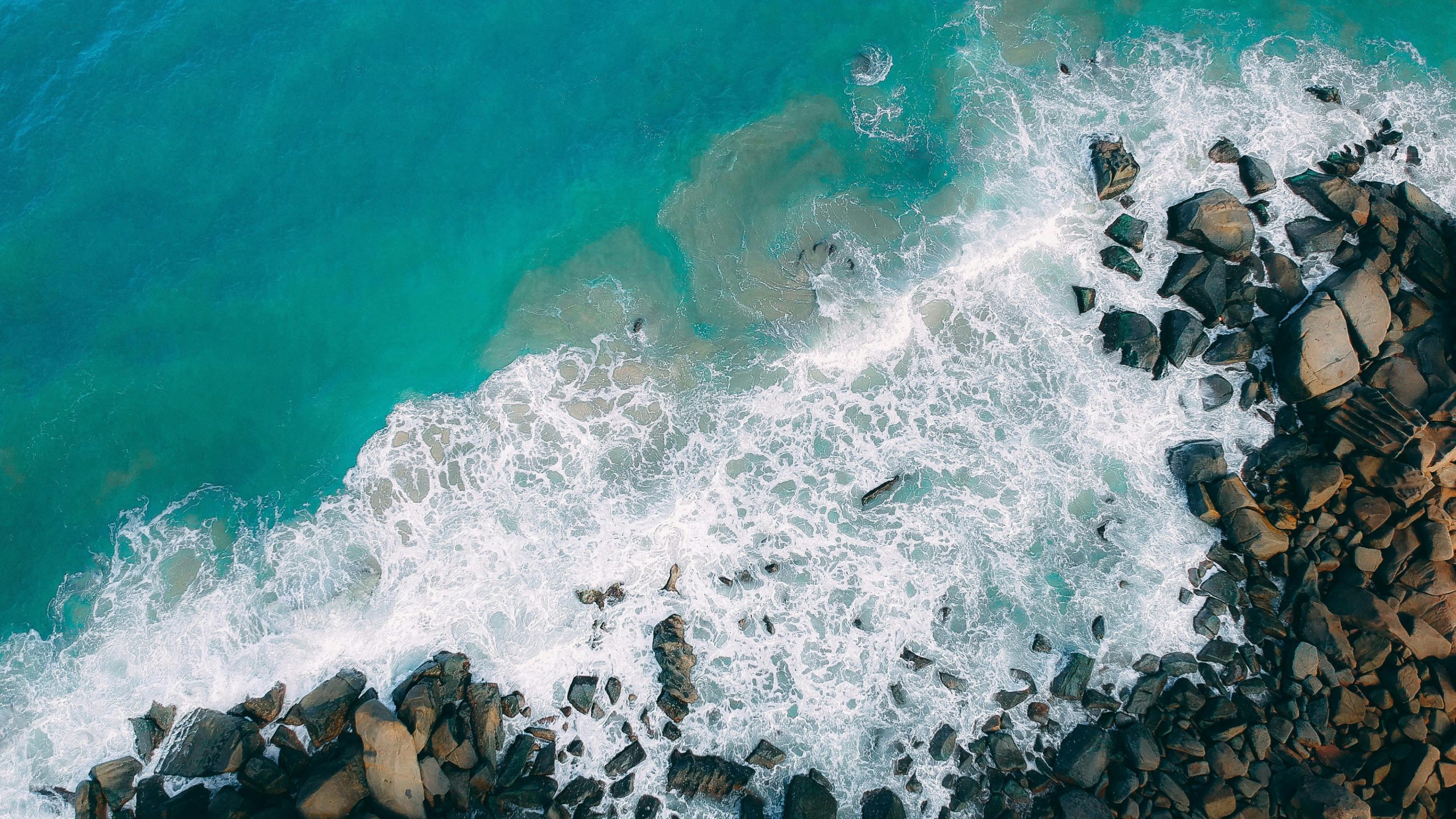Portugal Takes a Decisive Step in Transforming Its Ocean Economy. In a recent report, the Organisation for Economic Co-operation and Development (OECD) outlined a comprehensive strategy to enhance policy coherence and strengthen Portugal’s institutional capacity in the maritime sector.
The document, titled “Improving Policy Coherence for Portugal’s Ocean Economy: A Strategic Plan for Natural Resources, Safety and Maritime Services”, stems from a two-year project carried out in collaboration with the Portuguese Government, the European Commission, and a range of public and private stakeholders.
The report comes at a critical moment, as Portugal prepares to implement its Strategic Ocean Plan 2030, led by the Directorate-General for Natural Resources, Safety and Maritime Services (DGRM), under the Ministry of Economy and Maritime Affairs. The objective is clear: to place the blue economy at the heart of the country’s sustainable development strategy.
With jurisdiction over around 50% of the EU’s marine waters and a vast area of the Northeast Atlantic under management, Portugal is naturally positioned as an ocean power. The OECD highlights the country’s strategic relevance in promoting global maritime sustainability, noting that the ocean economy accounts for 3.4% of global GDP — a major asset and a shared responsibility.
Despite its vast potential, Portugal’s maritime sector faces significant governance challenges. The OECD identifies institutional limitations and intersectoral conflicts, such as between the expansion of offshore wind energy and traditional fishing activities.
The DGRM, the central body in Portuguese maritime administration, holds overlapping responsibilities in areas such as safety, fisheries, aquaculture, and maritime spatial planning. The report warns that such fragmentation undermines the effectiveness of public action and limits the country’s response to emerging challenges.
To drive structural transformation, the OECD puts forward six strategic recommendations:
- Apply the PCSD approach (Policy Coherence for Sustainable Development): Integrate the UN Sustainable Development Goals (SDGs) into national strategies and operations.
- Transform the DGRM into an autonomous agency: Improve execution capacity and coordination across ministries.
- Increase investment in human and financial resources: Prioritise training and recruitment, especially in areas such as environmental monitoring and digitalisation.
- Accelerate digital transition: Create real-time data platforms and ensure system interoperability.
- Implement pilot projects: Test new approaches in critical areas such as aquaculture and maritime spatial planning.
- Foster institutional leadership: Ensure that sustainability principles are central to ocean governance.
In this transformative context, scientific institutions play a key role. The CESAM — Centre for Environmental and Marine Studies at the University of Aveiro — has increasingly become a cornerstone of interdisciplinary ocean research, following the One Health approach, which recognises the interdependence of human, animal and environmental health. This approach also takes into account global change processes, contributing actively to public policy development and informed decision-making.
The research developed at CESAM aligns with the European Union’s mission to “Restore our Ocean and Waters by 2030”, and constitutes a significant scientific and strategic contribution to Portugal’s blue economy.
The University of Aveiro and CESAM’s investments in marine research infrastructure have been particularly relevant in areas such as circular economy, multitrophic aquaculture, and sustainable marine resource management. These efforts are connected to the following research clusters:
- RC1 – Deep Sea, Ocean and Transitional Ecosystems
- RC3 – Oceanic and Atmospheric Modelling
- RC4 – Ecosystem Management and Conservation
- RC6 – Circular Economy, Resource Optimisation and Energy
The integration of science, innovation and public policy — promoted by centres such as CESAM — strengthens national capacity to address ocean-related challenges with integrated and sustainable solutions.
With the National Ocean Strategy 2021–2030 underway, the OECD report emphasises the unique opportunity to institutionalise innovative and sustainable practices. The successful implementation of this plan could position Portugal as an international leader in ocean governance.
As the United Nations Ocean Conference approaches — scheduled for 2025 in Nice — Portugal has the chance to lead by example, showing how economic development, scientific knowledge, and environmental preservation can be brought together in an integrated vision for the oceans.
